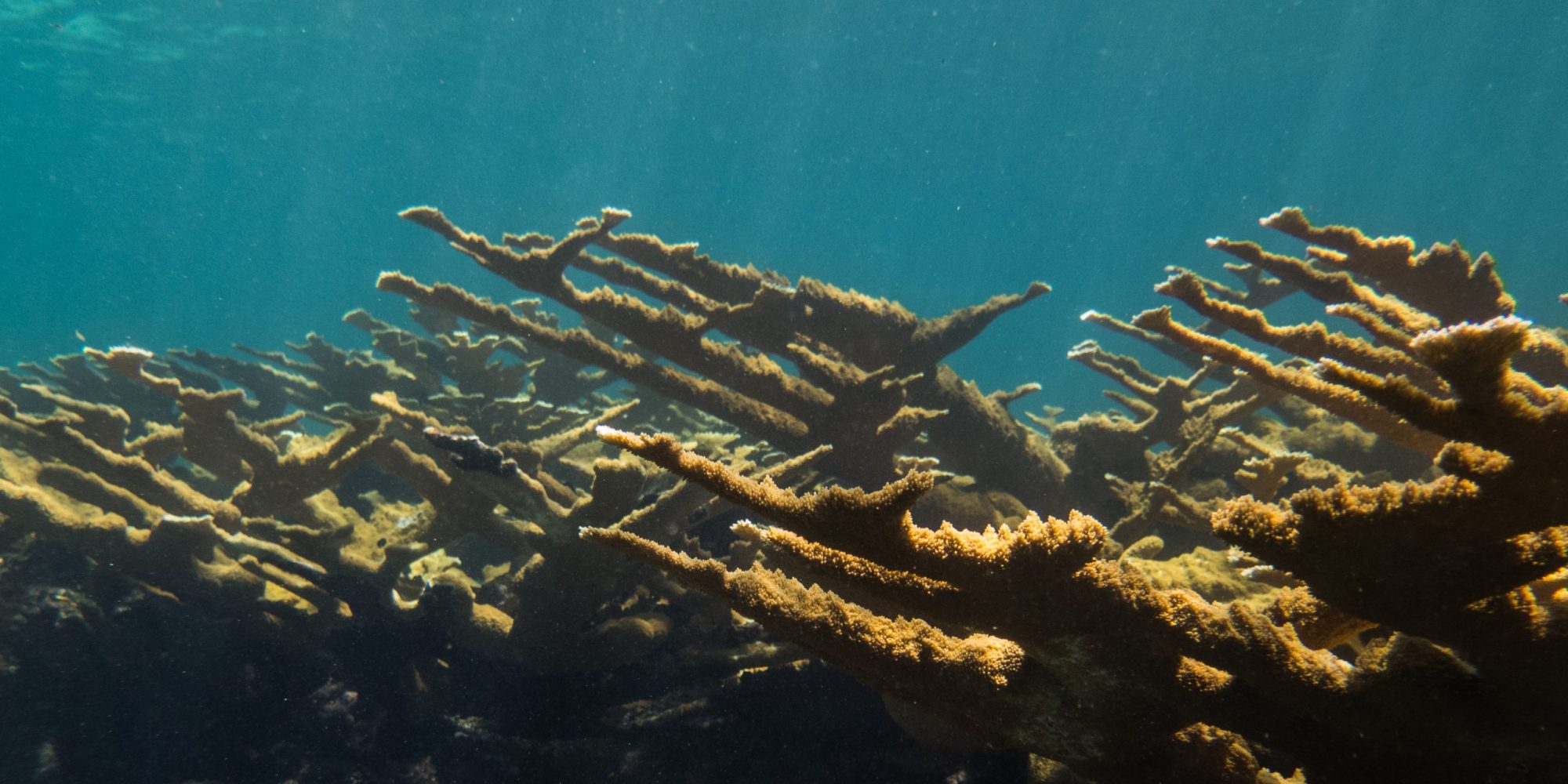Welcome to the Parkinson Lab at the University of South Florida.
Corals are marine animals related to jellies and anemones. In the tropics, corals often associate with photosynthetic micro-algae that live within their cells, and build large reef structures that support tremendous biodiversity. The algae provide much of the energy corals use for daily function and skeletal growth. Without the algae, reefs wouldn’t be as productive, as multidimensional, or as colorful as they are today. Unfortunately, rising sea surface temperatures cause the symbiosis between corals and micro-algae to break down in a process called ‘bleaching.’ Bleached corals are more susceptible to disease and death, and recent bleaching episodes have decimated coral populations worldwide.
Our lab uses genomic techniques to examine the ecology and evolution of coral-algal symbioses. We are particularly interested in processes related to the establishment, maintenance, and breakdown of intracellular associations, and how these interactions may change as corals adapt to a changing world. Our research involves diving on reefs in the field, maintaining coral and algal cultures to experiment with in the laboratory, and translating our findings into guidance for coral restoration and conservation practitioners in Florida and beyond.
Lab Profiles
Google Scholar Profile | Launch
ResearchGate Profile | Launch
GitHub Profile | @parkinson-lab
Bluesky Handle | @parkinsonje.bsky.social
Our research is supported by generous donations of Pro-Reef Sea Salt mix from Tropic Marin.

In this lecture, John provides an overview of the type of research we do in the lab.
